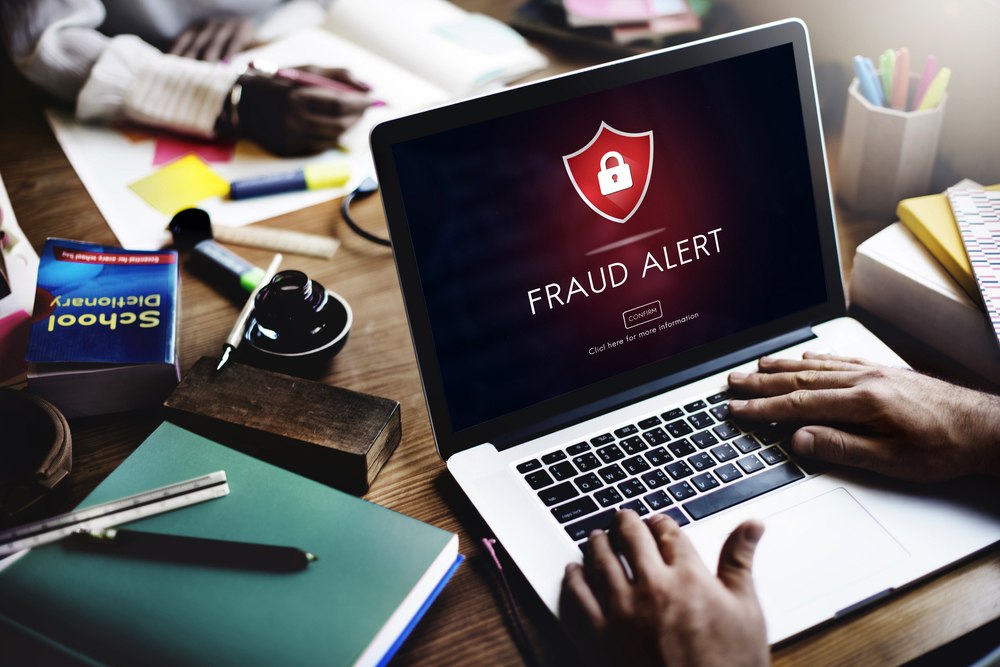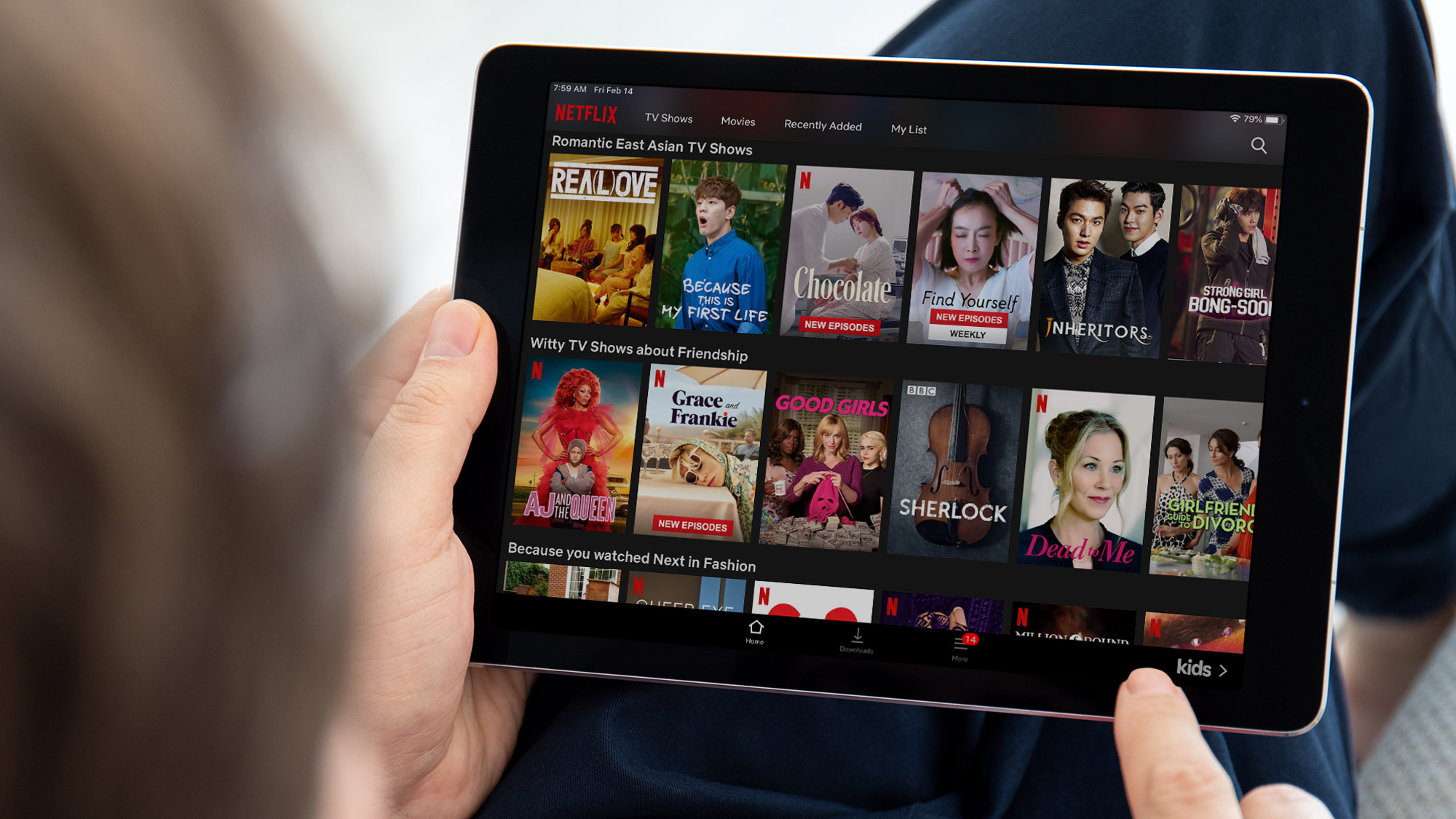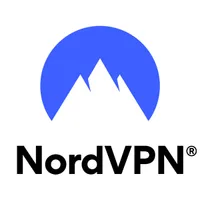Working hard or hardly working? Here’s how a VPN can help you this semester in and out of college
VPNs can unlock a whole lot of doors online for college students

As a college student, you may be wondering if you really need to cover the cost of one of the best VPNs to protect your device. Our advice is that VPNs are a smart investment for ensuring your privacy and security, but they can also do a whole lot more.
A VPN service allows you to encrypt your data and anonymize your internet connection, stopping your network provider (and other third parties) from monitoring your activity. By connecting to a VPN server, you can also bypass restrictions and access the internet as if you were located almost anywhere on Earth.
In this guide, I’ll explain point-by-point the benefits that VPNs offer for college students, both on and off campus.
NordVPN: The best VPN for college students:
NordVPN is our top-rated VPN, and it is the best choice as a college VPN, too. This is thanks to its excellent speeds, top-notch security, and superb streaming support. Prices start from $3.09 per month for a two-year plan ($83.43 plus tax for 27 months' cover). You even get a 30-day money-back guarantee, so you can try it out, risk-free.
Getting around college Wi-Fi restrictions
College networks often have filters in place that restrict the sites and services you can access on the internet, restricting potentially adult or offensive content. If you’re using a VPN your internet traffic will be encrypted, allowing you to bypass filters and access any site you want.
This also applies to online services that may be blocked, like torrenting. VPNs also offer the additional benefit for this use case of anonymizing your connection, meaning you can upload and download without the data transfer being connected to your IP address. By anonymizing your connection, VPNs can also beat bandwidth throttling (where providers limit your connection speed in response to heavy data use).
Some networks do try to block VPNs, but most of the best VPN services offer obfuscation tools, which mask the fact that you’re using a VPN.

Protecting your data online
Using incognito mode on your browser isn’t enough to protect your privacy on the internet unfortunately. If you connect via a VPN, however, the service will encrypt your data, preventing your activity from being tracked by your college network, your ISP, or other parties, like advertisers, hackers, and the government.
This is particularly important when connecting via unsecured public Wi-Fi (think cafes, bars, and library facilities), where malicious actors can potentially intercept your data and gain access to your logins and other sensitive information.
Even if you think that you don’t have much money in your checking account to steal, fraudsters armed with the right information can take out loans in your name and ruin your credit, so it’s always worth ensuring that you’re secure.
As an added bonus, many of the best VPNs offer anti-malware software, allowing you to scan your device and downloads for viruses, and tools to block ads and trackers on the internet, speeding up your connection and protecting your privacy.

Accessing content on streaming sites
Whether you want to watch Bollywood movies, anime, or BBC dramas, having one of the best streaming VPNs in place can unlock a lot of doors for you, helping you make the most of your downtime.
Major streaming providers like Netflix, Amazon Prime, and Disney+ have different content libraries in different countries, based on geo-specific licensing agreements. Using a VPN enables you to pick a server and change the location of your assigned IP address, so you can access content from around the world, picking from whatever content library you want.
Of course, you can also gain access to providers that are locked to specific territories, such as BBC iPlayer in the UK and 7plus, 9Now, and 10Play in Australia. Many gamers also appreciate being able to select specific servers to reduce latency and access easier gaming lobbies online.
If you’re still worried about the cost, there are good solutions available free of charge. That said, there are many shady operators on the market, but the best free VPNs are safe and secure. However, they don’t match the level of service offered by top-tier providers like NordVPN, Surfshark, and ExpressVPN.
We test and review VPN services in the context of legal recreational uses. For example: 1. Accessing a service from another country (subject to the terms and conditions of that service). 2. Protecting your online security and strengthening your online privacy when abroad. We do not support or condone the illegal or malicious use of VPN services. Consuming pirated content that is paid-for is neither endorsed nor approved by Future Publishing.

Michael is an experienced technology writer, specialising in VPNs, antiviruses, and cybersecurity. Previously, he has written for publications including Techopedia, The Guardian, and Digital Spy and has worked with numerous tech firms in the SaaS space. Outside of work, Michael’s interests include cult TV, gamification, and behavioural economics.
- Olivia PowellTech Software Commissioning Editor
You must confirm your public display name before commenting
Please logout and then login again, you will then be prompted to enter your display name.
 Club Benefits
Club Benefits






